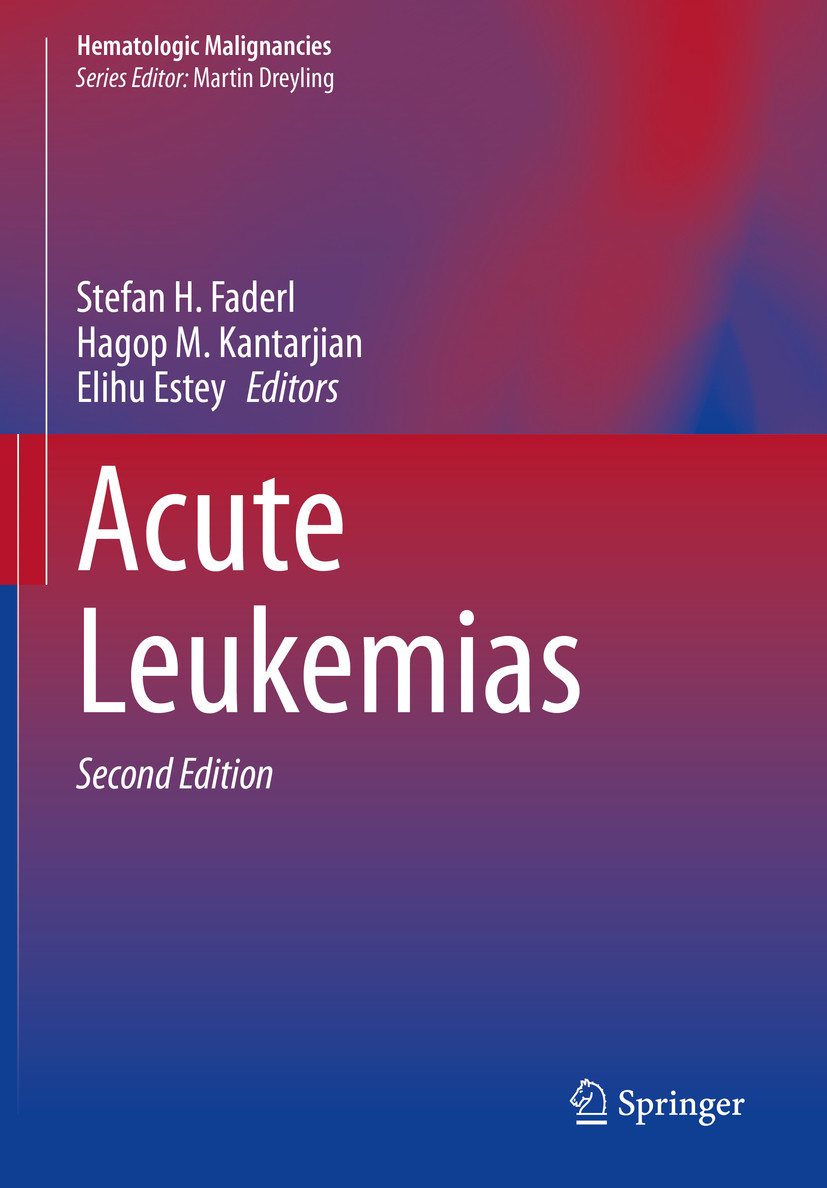Acute Leukemias
| Auflage | 2. Auflage, 2020 |
| Verlag | Springer-Verlag |
| ISBN | 9783030536336 |
Produktbeschreibung
The new edition of this well-received book provides a timely update of current knowledge on the biology, disease classification, and treatment of the acute leukemias – acute myeloid leukemia (AML) and acute lymphoblastic leukemia (ALL). Throughout, the focus is on the provision of state of the art information and guidance that will meet the needs of clinicians. Chapters have been extensively revised to take into account advances in understanding and management that have been achieved over the past few years. In addition, new chapters have been included on selection of AML patients for therapy, a broader discussion of stem cell transplantation in AML, the role of immunotherapy in ALL, the approach to newly diagnosed pediatric ALL, and the diagnosis and management of BCR-ABL-like ALL. New therapies, including investigational ones, are fully covered. As progress continues in the management of acute leukemias this book will be a valuable asset for clinicians at all levels of experience.
